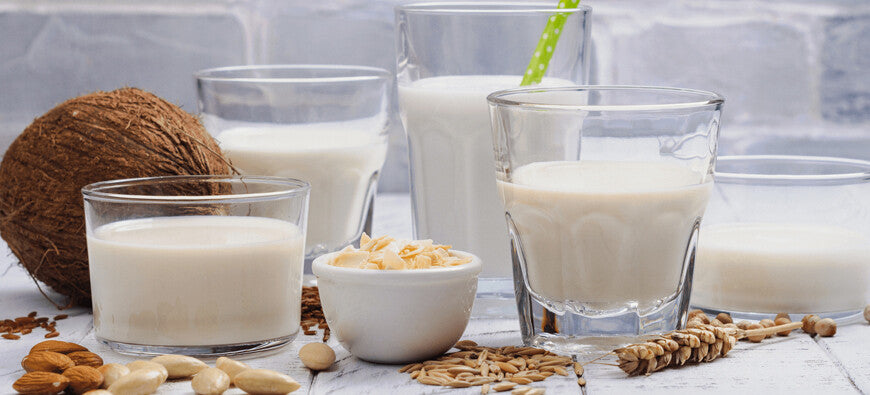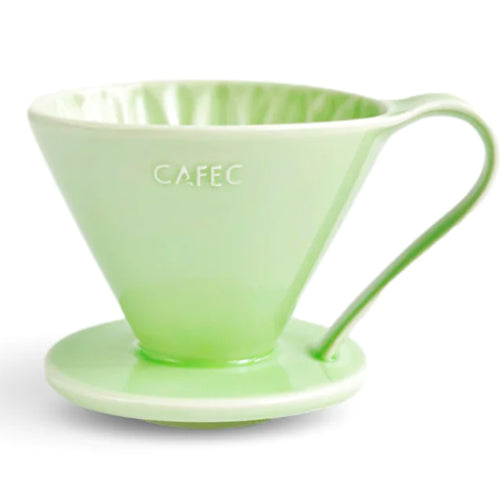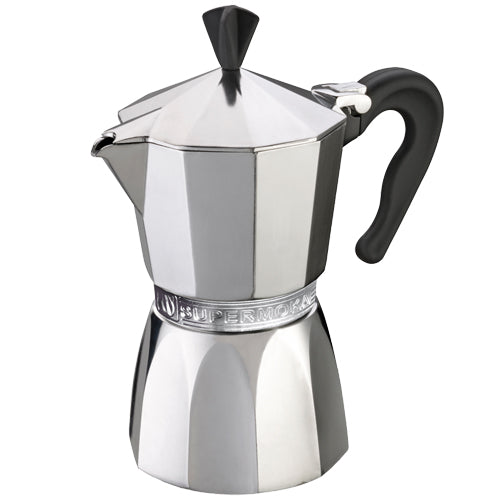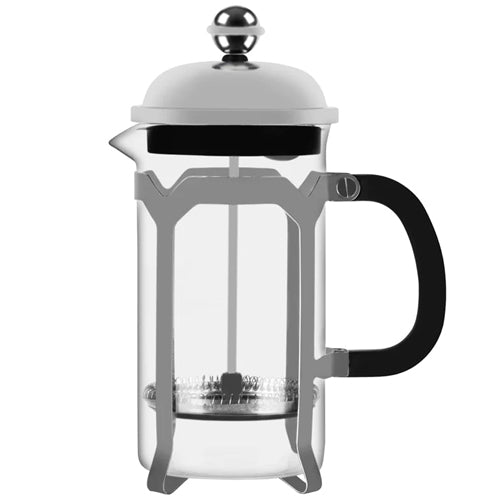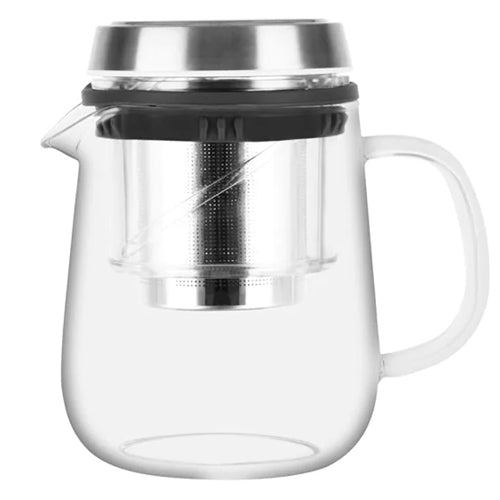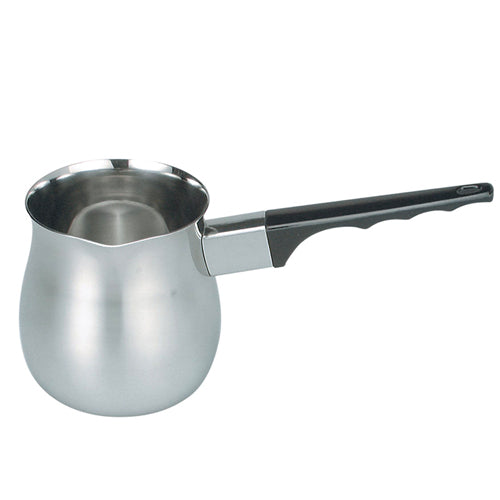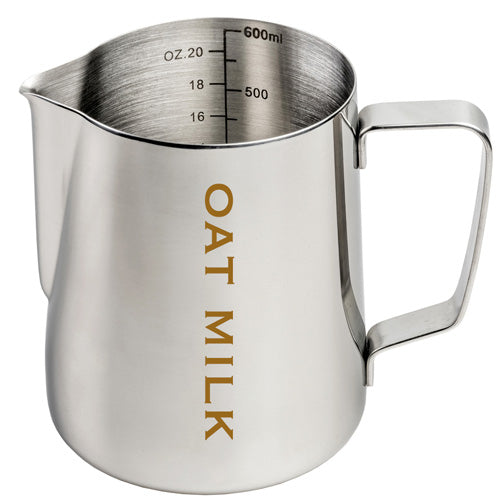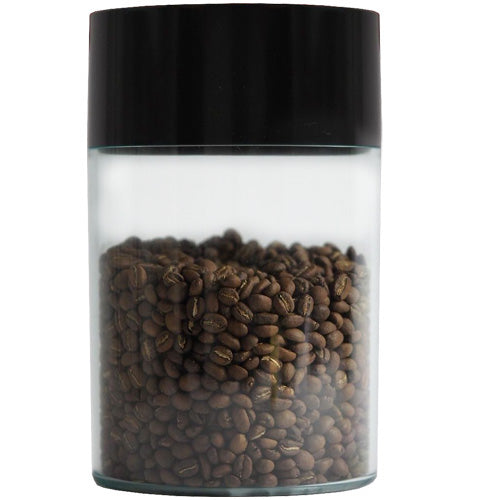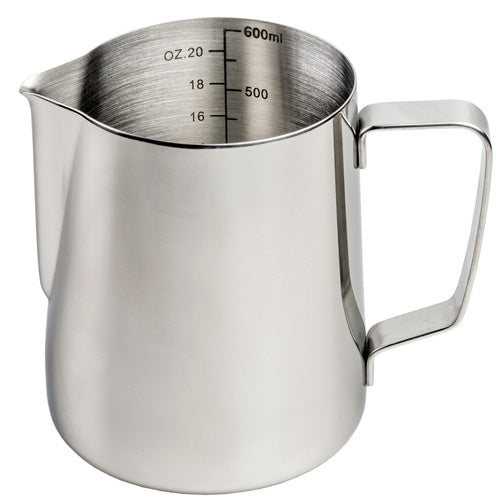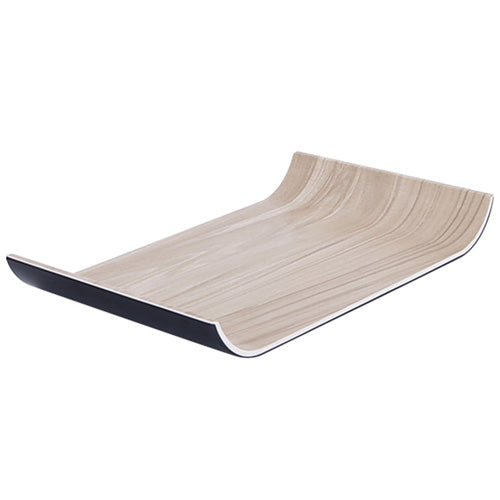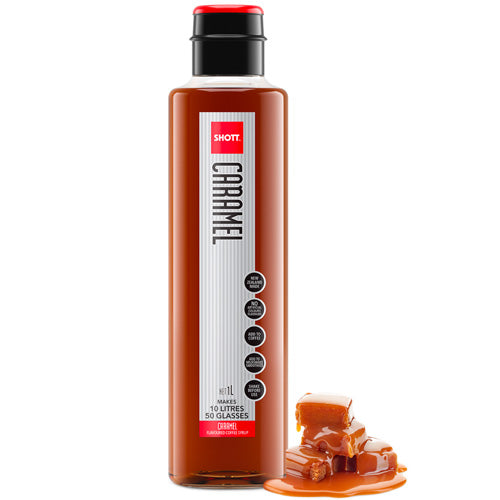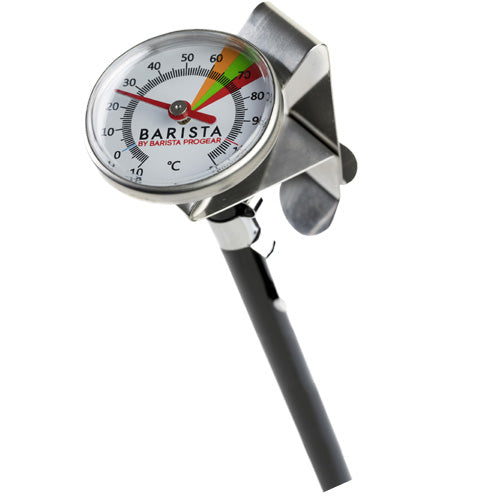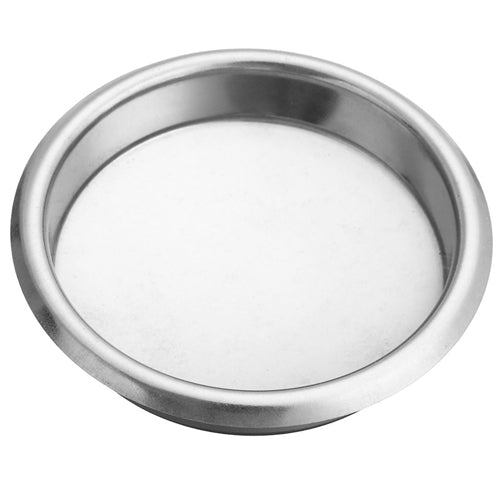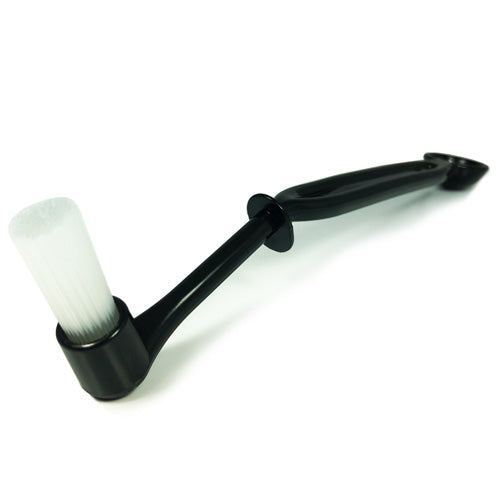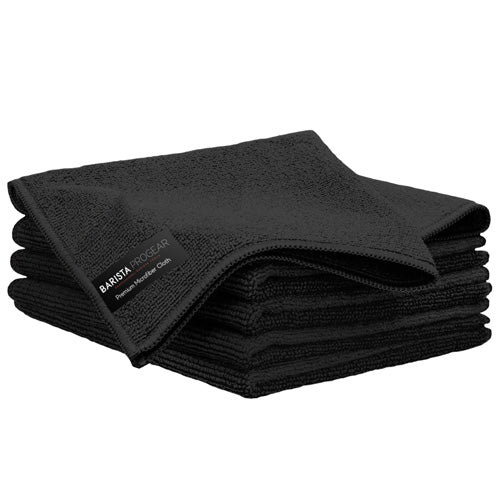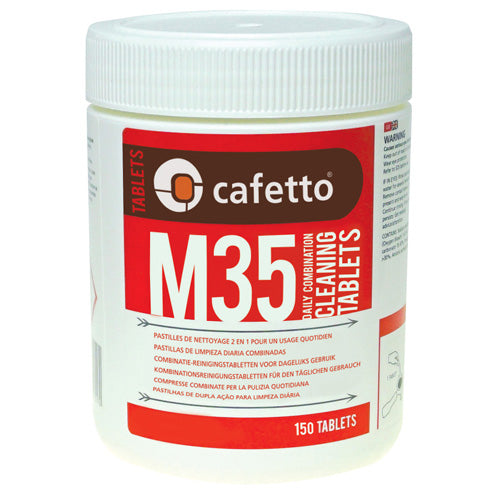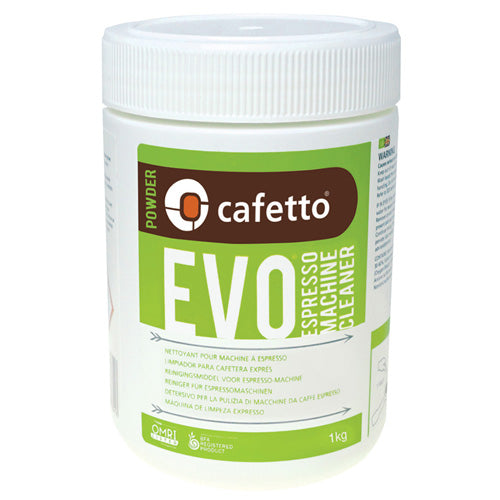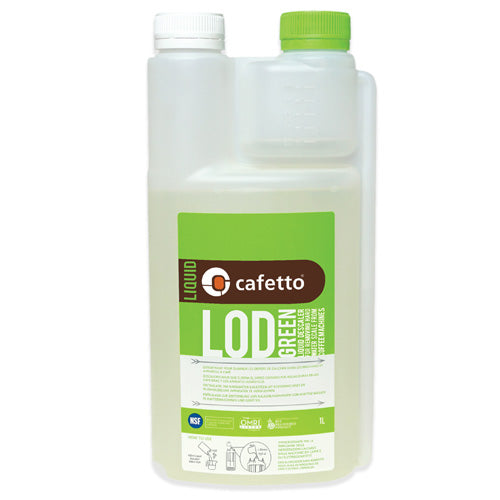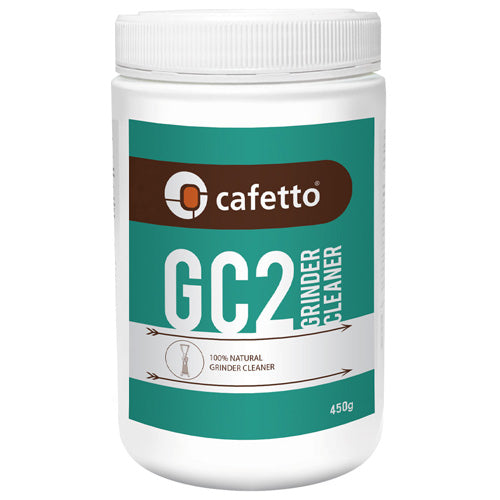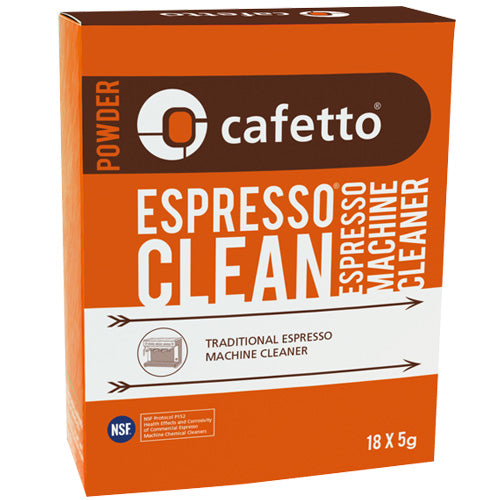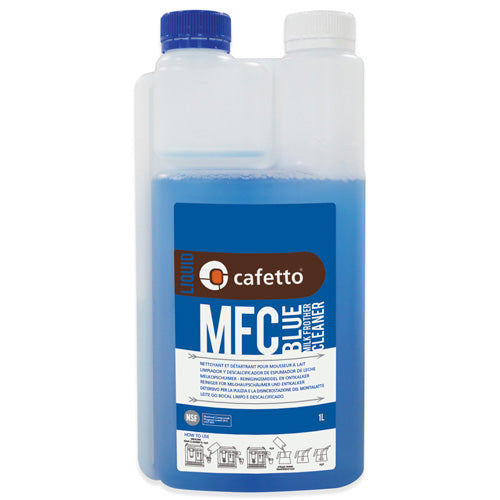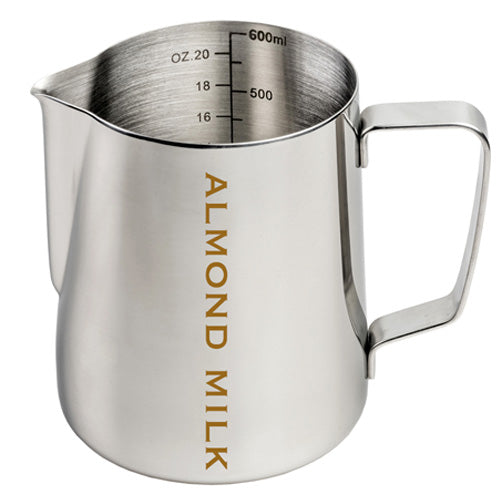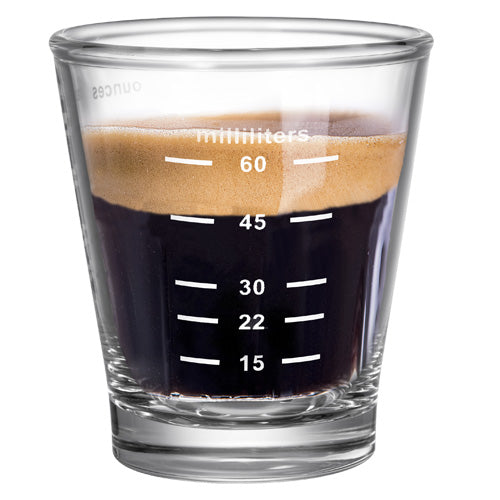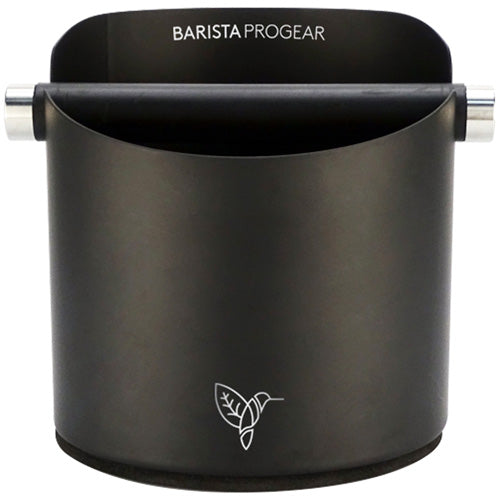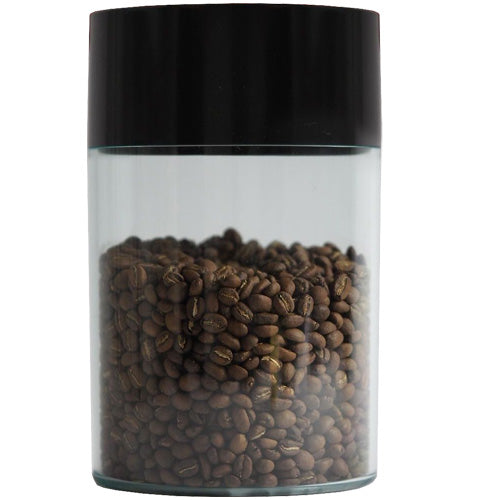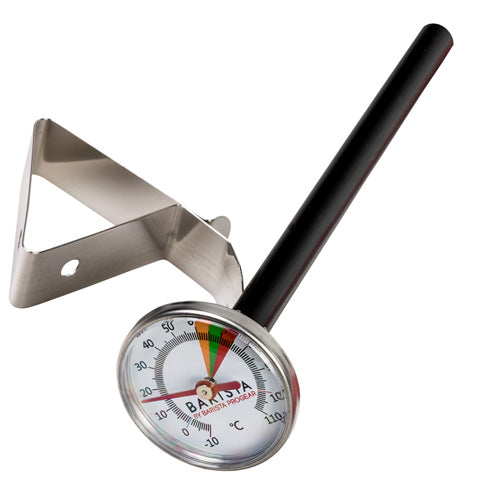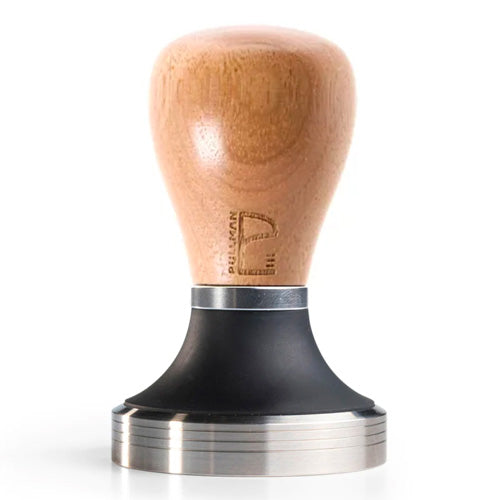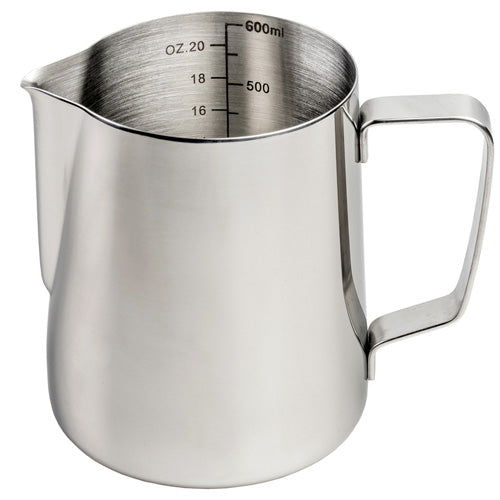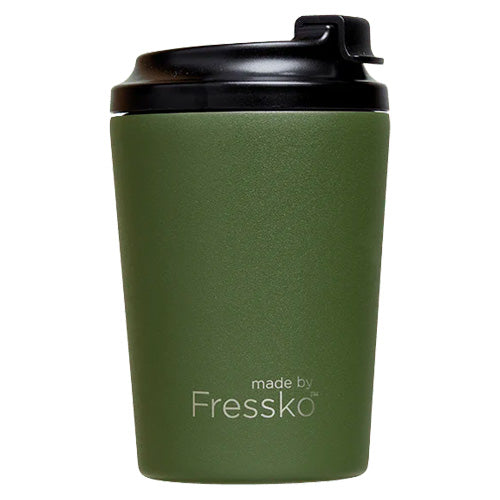Standard full cream milk is the staple in cafés for serving with coffee. Though it is the leading milk on offer, some people can’t or choose not to drink full cream milk due to personal preferences, dietary restrictions, allergies or intolerances. Full cream milk is the most popular paired with coffee, providing added sweetness, body, creamy texture and micro foam. Full cream milk also known as whole milk on average contains 3.8% milk fat and no less than 3.2% milk fat. It’s pasteurised and homogenised. Fortunately, if you’re looking to avoid full cream milk, there are plenty of other milk options and non-dairy alternatives available. We have compiled a list of the best substitutes for you to pair with your daily coffee.
Skim Milk
Skim milk generally contains little to no milk fat. Milk solids are added to optimise the taste. Skim milk or reduce fat milks lose some of the sweetness and body gained compared to using full cream milk.
Lactose Free Milk
Suitable for people who are lactose intolerant. Lactose-reduced or lactose-free milk has some or all of the lactose (the sugar found naturally in milk) removed, making it more easily digested for those with lactose intolerance.
UHT or Long-Life Milk
A powerful heat treatment ensures that all microorganisms and heat-resistant enzymes are deactivated. Long-life milk can be stored unopened out of the refrigerator for extended periods, but must be refrigerated once opened. Long Life Milk is creamy and is generally quite sweet when paired with coffee.
Soy Milk
A plant-based drink produced by soaking and grinding soybeans, boiling the mixture, and filtering out remaining particulates. Soy milk has a smooth and creamy texture with a relatively neutral taste. Soy Milk recipes have improved over the years and don’t generally leave any noticeable aftertaste with coffee. Still the most popular alternative milk and can produce a foam similar to that of dairy milk. Soy Milk is best prepared warm 58-60°C when paired with espresso.
Almond Milk
A plant milk manufactured from almonds with a creamy texture and nutty flavour. You may prefer sweetened Almond Milk in coffee for a smoother taste. Almond Milk can curdle in coffee as a reaction to the acidity or hot temperature. To combat curdling steam to 58-60°C.
Macadamia Milk
Macadamia nuts are soaked briefly and then blended with filtered water and sometimes with salt and additional flavourings. It has a creamy, delicate flavour that complements the earthy bitterness of coffee.
Coconut Milk
Coconut milk is an opaque, milky-white liquid extracted from the grated pulp of mature coconuts. It has a sweet, distinctive flavour that some people love. However, coconut milk may also have an overpowering flavour in coffee.
Oat Milk
Oat milk is a type of plant milk derived from whole oat grains by soaking the plant material to extract its nutrients. It is naturally has a creamy texture and a characteristically oatmeal-like flavour. Due to its creamy taste and texture it pairs quite well with coffee, which explains its rapidly growing popularity.
Rice Milk
Rice milk is a grain milk made from rice. It is mostly made from brown rice and commonly unsweetened. It does not contain enough protein to create a satisfactory foam in steamed drinks. Rice milk has a very neutral taste that allows the flavour of your coffee to come through. However, its thin and watery texture does not give coffee the creamy consistency that is found in full cream milk. Next time you are out enjoying a coffee, why not give an alternate milk a go? You may just find your new daily drink!
